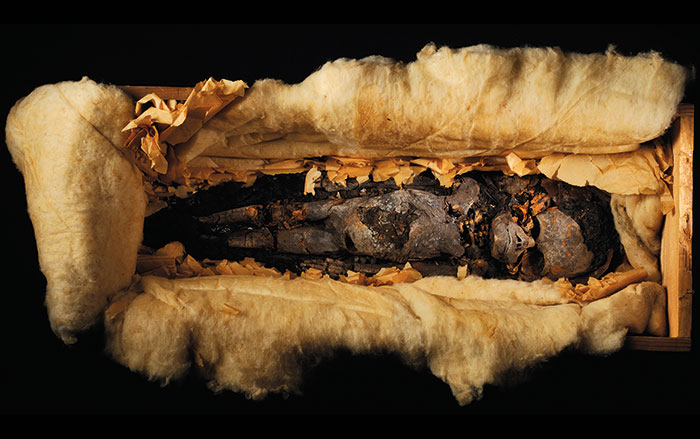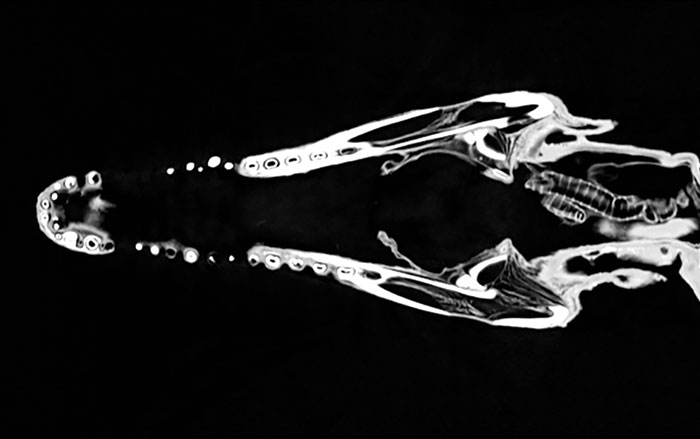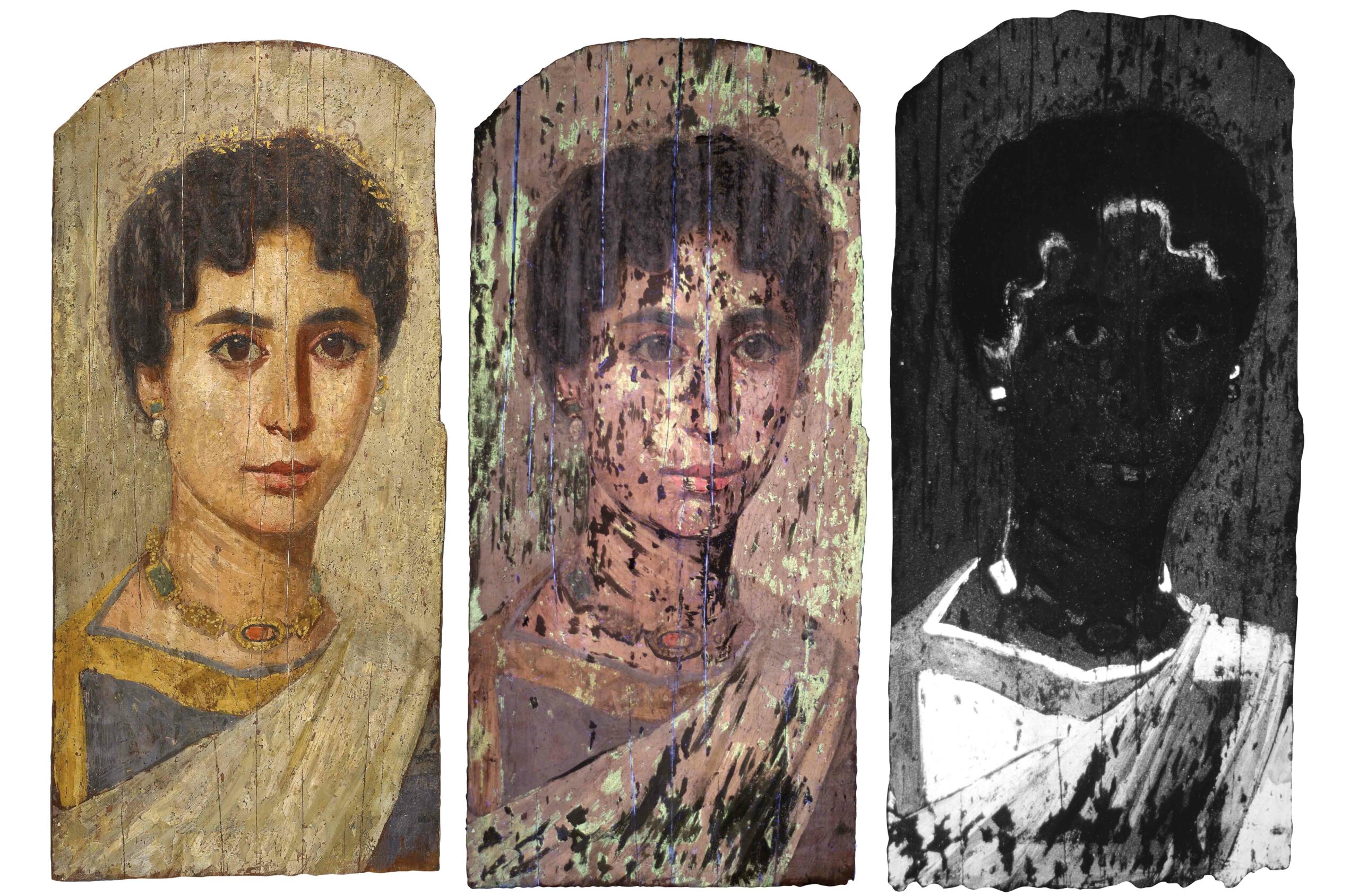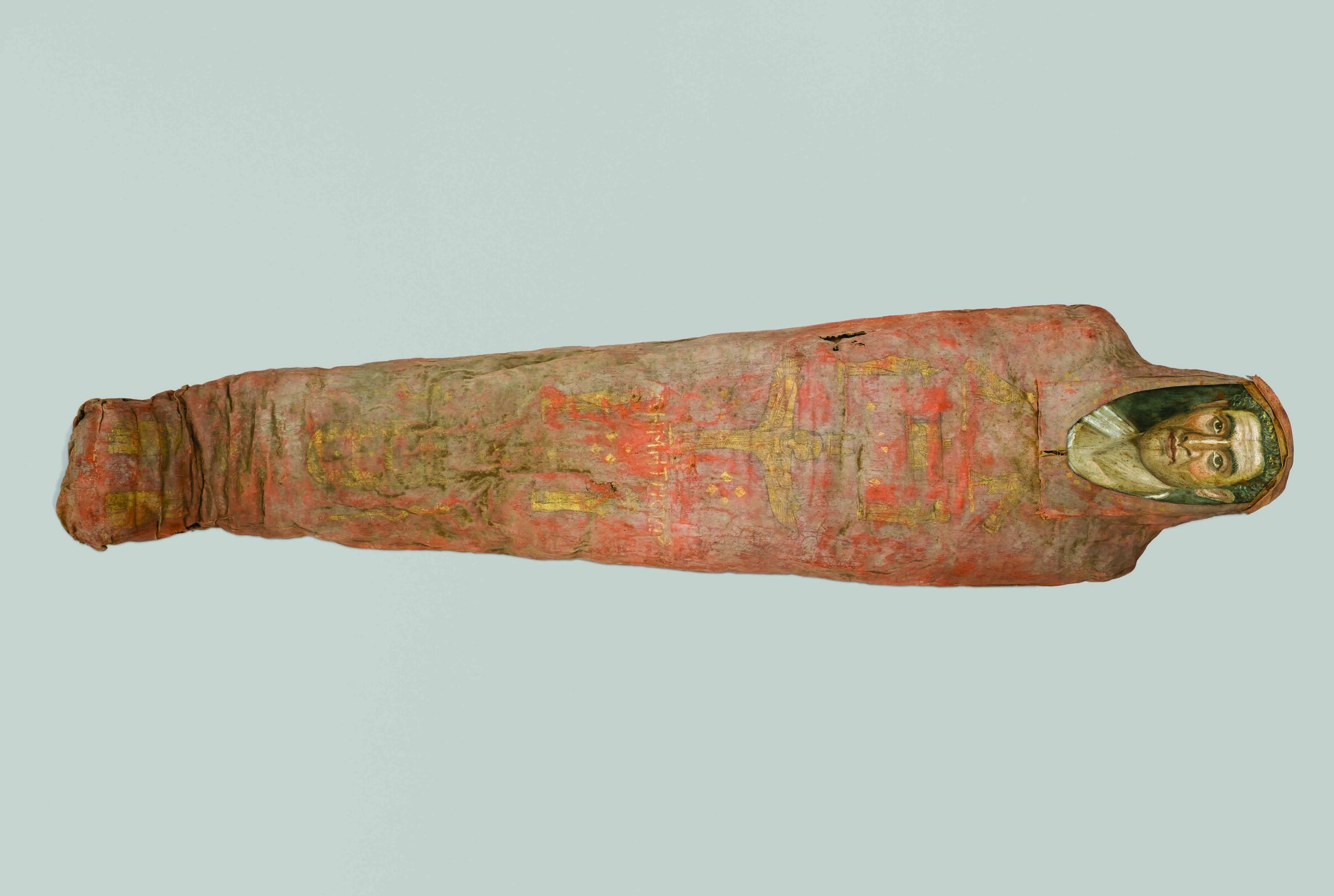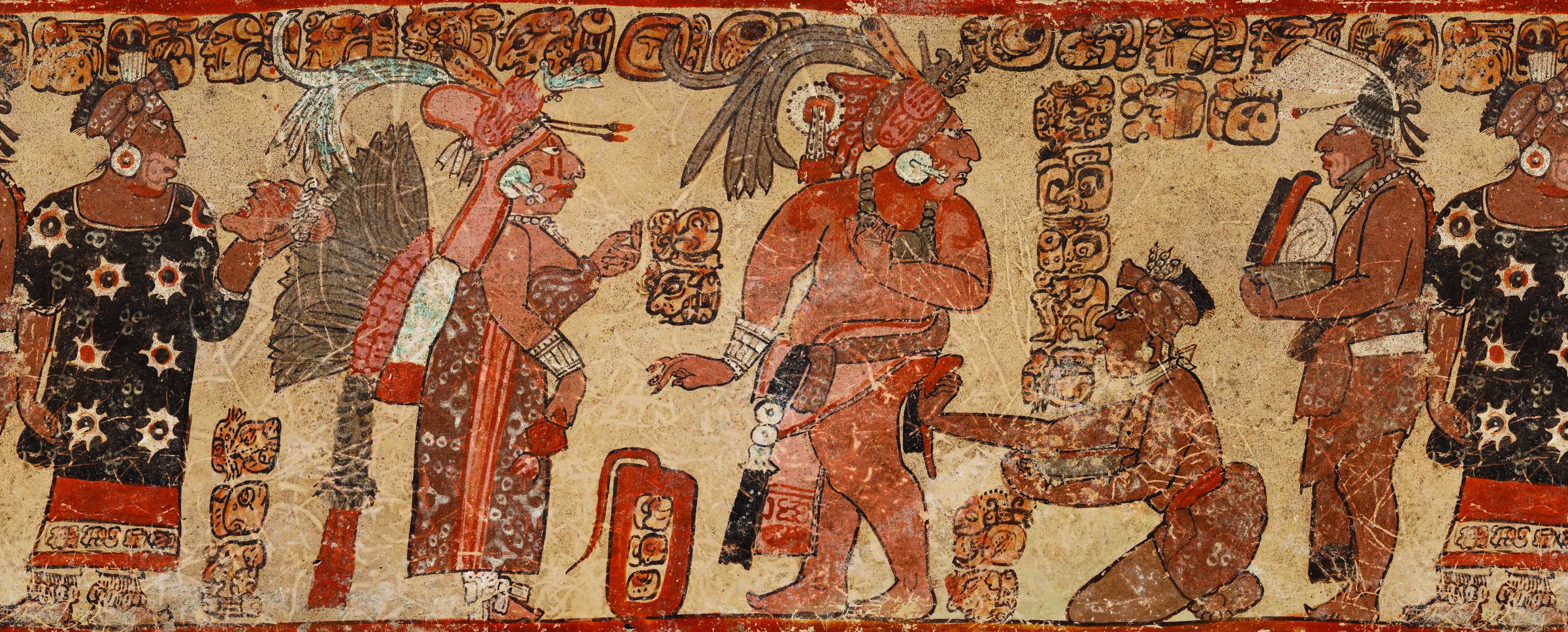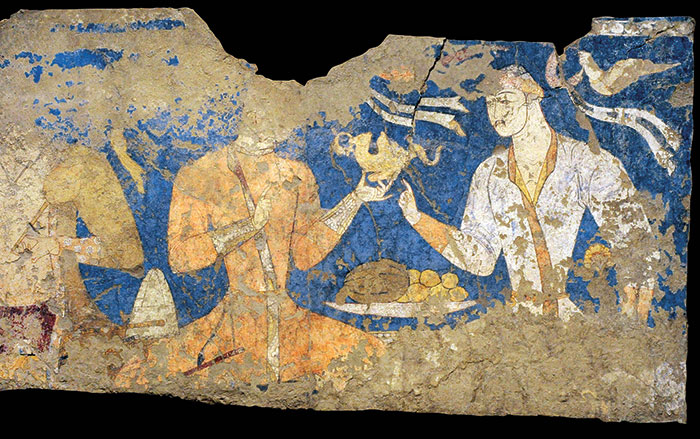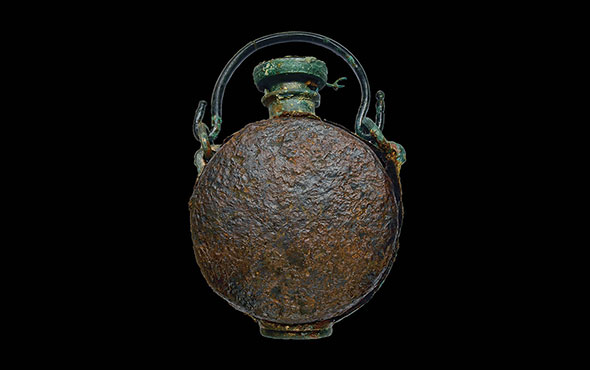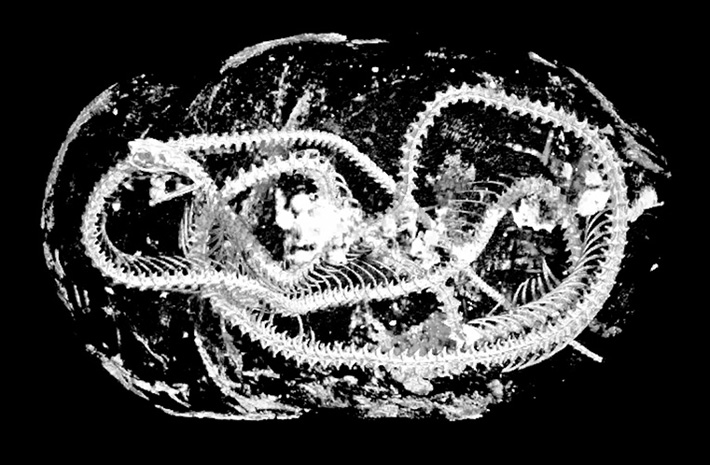
SWANSEA, WALES—Science News reports that Richard Johnston of Swansea University and his colleagues used a micro-CT scanner to create highly detailed 3-D models of mummies held in the university’s Museum of Egyptian Antiquities for virtual examination. The mummies are estimated to be about 2,000 years old. The results of the study were so detailed that the researchers were able to determine that a domestic kitten in a cat-shaped mummy was less than five months old based on its unerupted molars. An oval mummy bundle held the remains of an Egyptian cobra. Rocklike structures placed in the snake’s open mouth may be chunks of natron, a mineral used by ancient Egyptian embalmers to slow decomposition. When preparing the bodies of humans, embalmers often propped open snakes' mouths and eyes so that the dead would be able to see and communicate with the living. Thus, the snake’s open mouth suggests it may have been intended to act as a messenger. A Eurasian kestrel was identified in a third bird-shaped mummy. For more on animal mummies, go to "Messengers to the Gods."


